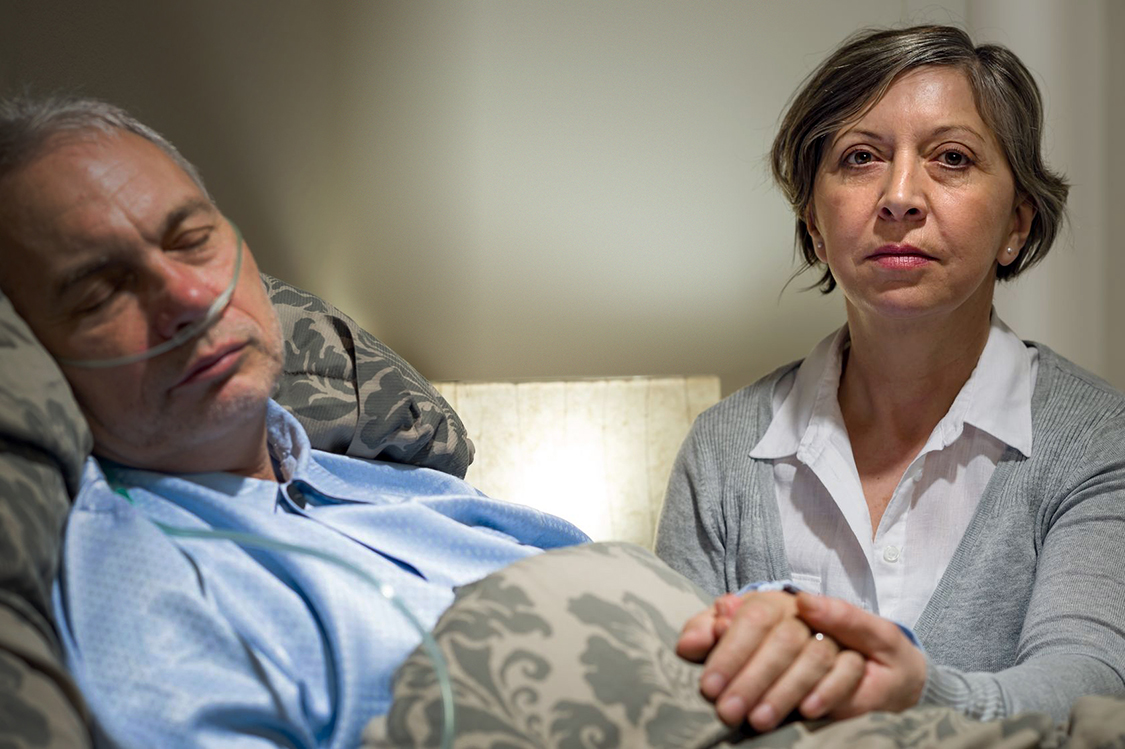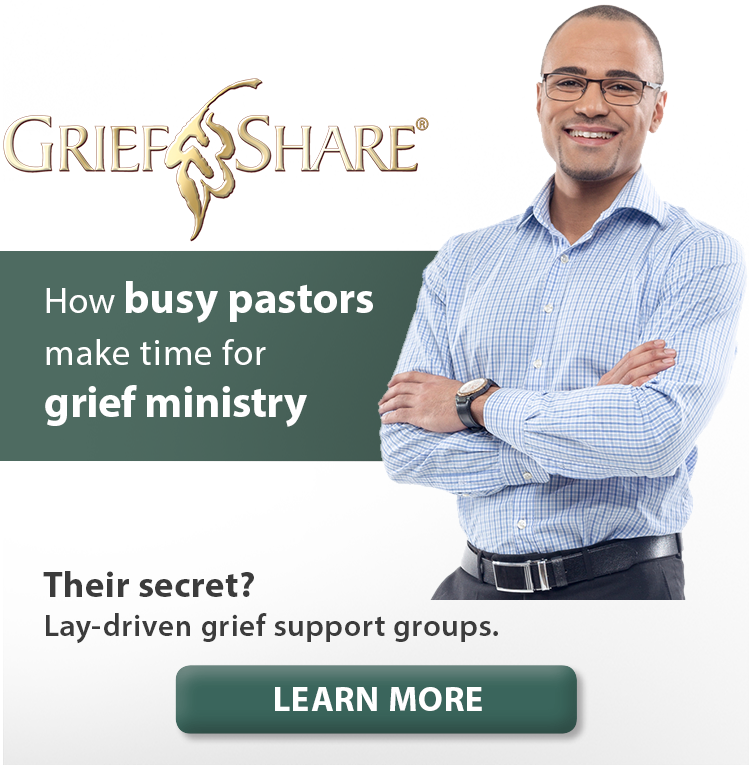
Mary Tutterow, author of The Heart of the Caregiver, shared some of her thoughts with CareLeader.org about the importance of ministering to caregivers and how pastors can facilitate this ministry in their churches.
What is your experience with caregiving?
My husband and I have a son who’s a rising senior in college, and we have a daughter who is twenty-four years old, Mary Addison. She is mentally and physically challenged. She was born with a seizure disorder, and when she was two, she had half of her brain removed. She has seizures (some life-threatening) every day of her life.
Also, my husband was an only child to his single mom. We cared for her through cancer and early stages of dementia until her death several years ago. We can certainly relate to the stresses caregiving can put on a family.
What is a typical day for you as a caregiver?
Our daughter has finished high school, and because of her seizures, her options for day activities are limited. We have a personal care assistant who helps us bathe, feed, and dress her each day. Like most caregivers, our most stressful times come in the evenings and at night when everyone is tired from a long day and there is very little additional support. Caregiving is 24/7.
What are caregivers thinking?
To be honest, I think most caregivers are thinking, “Where is God in this?” Doctors’ appointments, therapies, hospital visits, nursing homes, special needs classrooms—caregivers are up to their eyeballs in suffering people! It’s hard to believe that there is a loving God and that He might still be in control.
Caregivers are also often gripped by fear—usually from the moment of the diagnosis. Say “cancer,” “autism,” or “Alzheimer’s” and immediately a family is gripped with fear. Fear is insidious and can then wreak havoc on all involved.
What should pastors know?
There are fifty million caregivers in the United States. That figure may as much as double by 2020, because the baby boomer generation is aging and autism has now reached a staggering statistic of 1/45 children affected.
Abuse, neglect, and divorce are also on the rise in families who are caring for someone with an illness or disability. This is a huge emerging area for family ministry.
What can pastors do for caregivers?
- Bring family caregivers to the awareness of your lay ministry teams. This can be a simple but huge step in the right direction. Caregivers are unseen servants carrying a difficult burden. So often, a faith community is most concerned with the person who is afflicted. These lay groups can offer prayer, counsel, support, perhaps even respite to the caregiver as well as the person who is sick.
- Establish an “outreach” relationship with the family. Often, the afflicted family member is too incapacitated to go to church, and the caregiver must stay home to tend to them. Now the caregiver is also losing touch with his or her faith community. Pastoral visits, in-home communion, tapes of weekly messages, etc., can benefit the caregiver as well as the shut-in.
-
Search out the tools that are emerging for churches to reach these struggling families. Autism to Alzheimer’s, Parkinson’s to PDD—each disease or disability has websites and associations brimming with readily accessible materials to help you learn more about the struggles facing these families and how you might help.
There are also many organizations developed to help churches welcome people with exceptional needs—from building accessibility to Sunday School curriculums.
- Establish support/small groups for family caregivers. Whether they are caring for a child with disabilities, a spouse with cancer, or a parent with dementia, caregivers will find comfort in fellowship with others who share similar situations. By gathering these folks together on a regular basis, you will be empowering them to help each other as well as offer you input on how the church can best meet their families’ needs.
Tell us more about The Heart of the Caregiver as a tool for the church.
This curriculum was written because there was such a need to share the transformational messages in the gospel with disconnected, overwhelmed, and exhausted caregivers. That’s what changed our lives, our marriage, our family. We realized that it’s an honor to be called to serve those who’ve been marginalized. We were set free by lessons of unconditional love. We were made aware of the guise of Jesus in the weak and suffering.
What we believed to be the end of our family was really an invitation to a new beginning. As caregivers, we are not meant to “recover” from this. We are meant to emerge from our caregiving experience better, stronger, closer to God. He did not do this TO us and the person we are caring for; He wants to do something beautiful THROUGH us.
The Heart of the Caregiver is an excellent first step toward families caught in the struggles of caregiving—ministering directly to their deepest fears and pain. The workbook is thorough and can easily be used by anyone in your faith community interested in starting a caregivers group.
The curriculum can be a community outreach service. If you advertise the support group in your bulletin, your local newspapers, nursing homes, hospitals, etc., you will find that you will draw caregivers from all over. The need is great!
Go to www.TheHeartoftheCaregiver.com and opt to receive downloads of chapters and some more information about starting small groups in your faith community.
You can also get more information about the online groups starting up again in the fall for those who can’t leave a bedside, but desperately want support.
A special word to the pastor who is considering a special needs ministry in his or her church
Special needs ministries are becoming more and more important to churches. But very often, it’s too expensive to start a Sunday ministry. It’s hard to find the room. It’s hard to get the volunteers trained. And hard to find someone who will head up this idea of starting a special needs ministry or a dementia care ministry. It’s so much easier, and you can affect so many more people, if you just minister to the caregivers first.
They don’t require special equipment, special ramps, special rooms, a specially trained staff. The simplest and the least expensive way for churches is to start ministering to the people who are already doing the caring. And then, from there, let them help guide the ministries that need to evolve.
Editor’s note: See Mary Tutterow’s Building relationships with families touched by chronic illness and disability for further suggestions and insights on how you and your church can care for caregivers.


